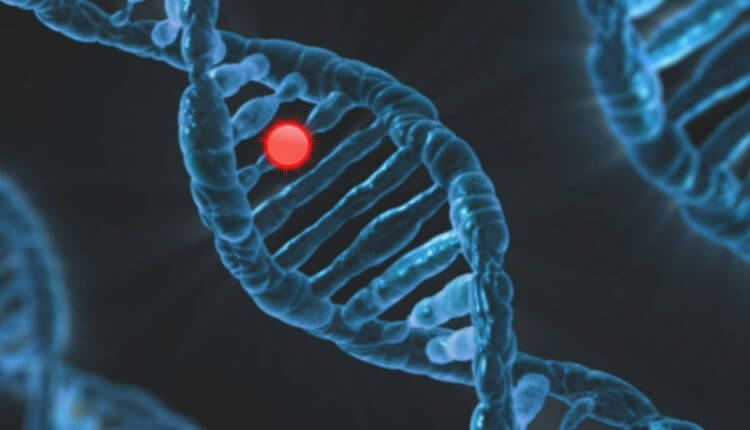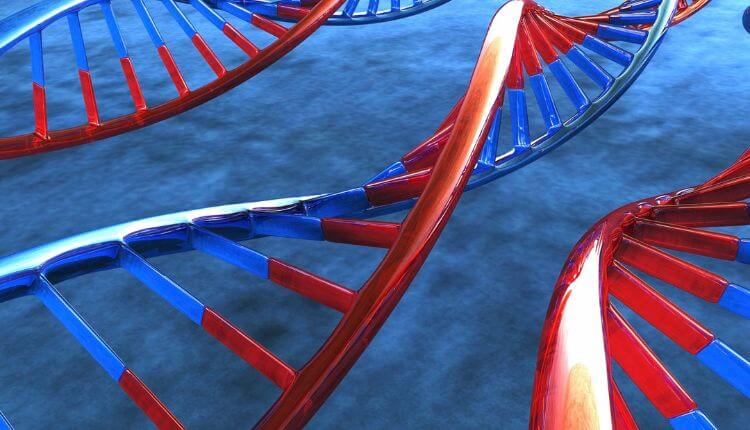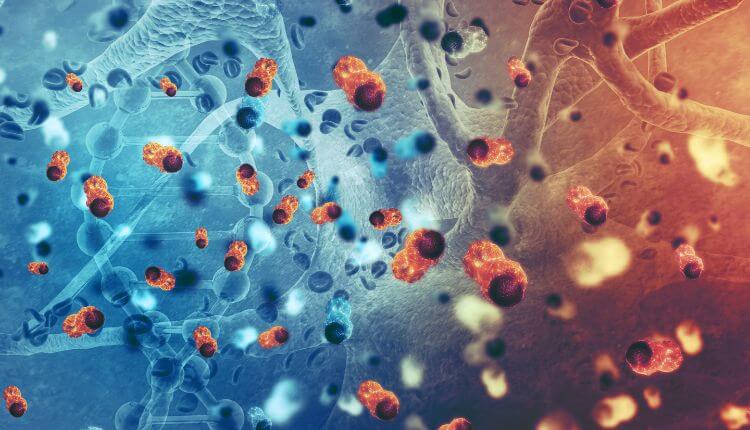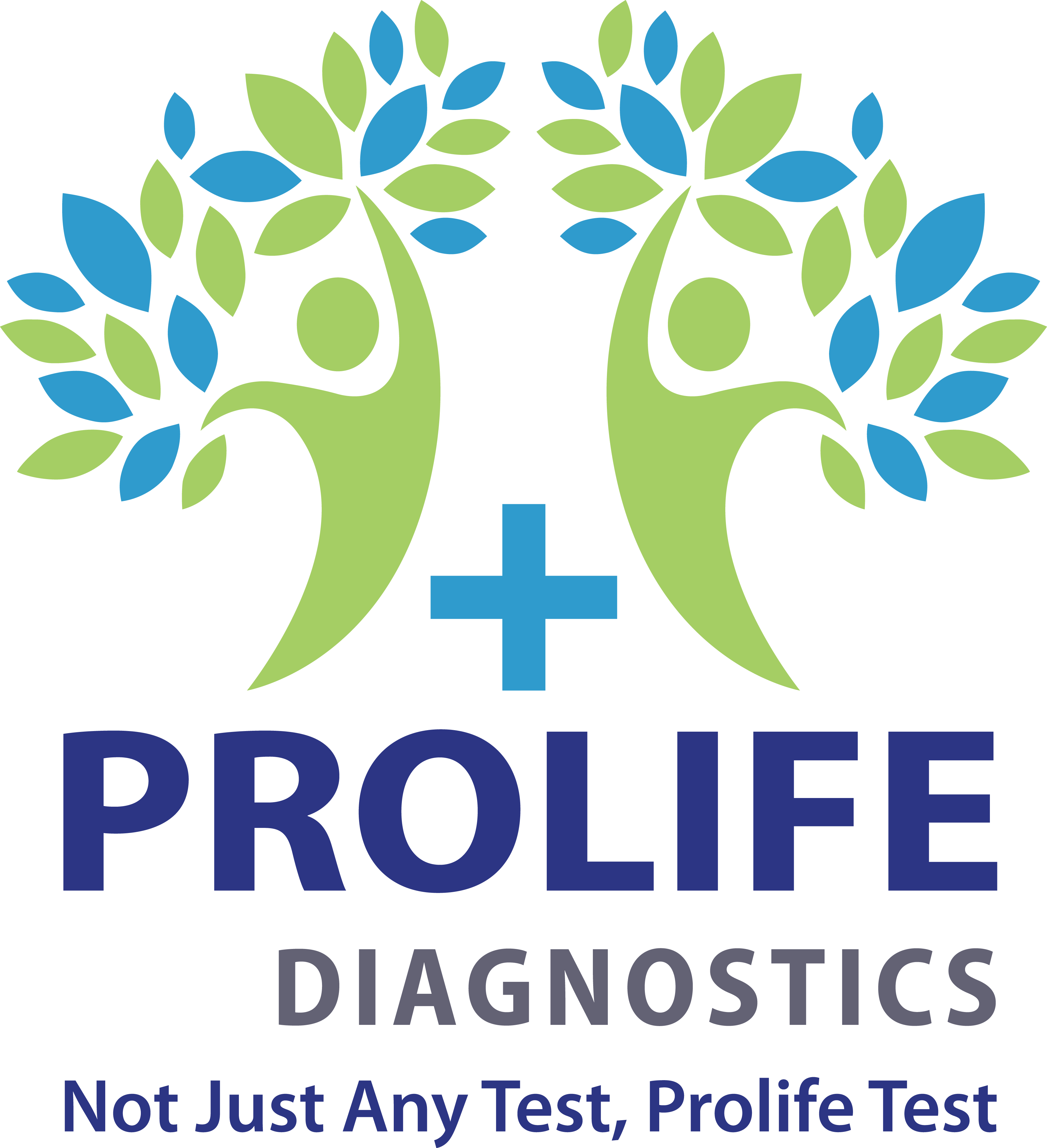- Plot No. 361/3074 & Plot No 437/3134, Patrapada, BBSR
- +91 9040017001
- +91 8630400500
Genetic Testing for Cancer Risk: Is It Right for You?
Cancer is one of the leading causes of death worldwide, and early detection can make a significant difference in treatment and survival. Genetic testing for cancer risk has gained popularity as a proactive step toward understanding one’s susceptibility to hereditary cancers. But is genetic testing right for you? Let’s explore the benefits, risks, and factors to consider before making a decision.
What is Genetic Testing for Cancer Risk?
Genetic testing analyzes your DNA to identify inherited mutations that may increase the likelihood of developing certain cancers. These tests focus on genes such as:
- BRCA1 and BRCA2 (linked to breast and ovarian cancer)
- MLH1, MSH2, MSH6, and PMS2 (associated with Lynch syndrome and colorectal cancer)
- TP53 (related to Li-Fraumeni syndrome, which increases the risk of multiple cancers)
- APC (linked to familial adenomatous polyposis and colorectal cancer)

Who Should Consider Genetic Testing?
Genetic testing is not necessary for everyone, but it may be beneficial for individuals with:
- A family history of cancer (especially breast, ovarian, colon, or prostate cancer)
- Multiple relatives diagnosed with the same type of cancer
- Cancer diagnosed at an early age (before 50) in close family members
- Personal history of multiple cancers
- Ashkenazi Jewish ancestry (higher prevalence of BRCA mutations)
Benefits of Genetic Testing
Understanding your genetic risk for cancer can offer several advantages:
- Early Detection & Prevention – Helps in taking preventive measures such as regular screenings or lifestyle changes.
- Personalized Treatment – Guides doctors in selecting the most effective treatment if cancer is detected.
- Family Health Awareness – Informs family members about potential inherited risks.
- Peace of Mind – Knowing your genetic risk can help you make informed health decisions.

Potential Risks and Limitations
While genetic testing provides valuable insights, there are a few challenges to consider:
- Emotional Impact – Anxiety or stress from learning about increased cancer risk.
- Uncertainty – Not all gene mutations guarantee cancer; they only indicate a higher probability.
- Privacy Concerns – Insurance and employment discrimination fears (though protections like GINA exist in the U.S.).
- Cost – Some tests may not be covered by insurance, making them expensive.
What Happens During Genetic Testing?
- Consultation with a Genetic Counselor – Discuss your family history and potential risks.
- Sample Collection – A blood, saliva, or cheek swab sample is taken.
- Laboratory Analysis – The sample is tested for genetic mutations.
- Results Interpretation – A specialist explains the findings and their implications.

What to Do If You Test Positive?
A positive result doesn’t mean you will develop cancer, but it can help you take preventive steps:
- More Frequent Screenings – Mammograms, colonoscopies, or MRIs at earlier ages.
- Preventive Medications – Certain drugs may reduce the risk of specific cancers.
- Lifestyle Modifications – Healthy diet, regular exercise, and avoiding smoking/alcohol.
- Preventive Surgery – In some cases, mastectomy or hysterectomy may be considered.
Should You Get Tested?
Genetic testing for cancer risk is a personal decision that should be made with guidance from healthcare professionals. Consider:
- Your family and medical history
- Your emotional preparedness for the results
- The availability of preventive measures
- The financial costs and insurance coverage

Final Thoughts
Genetic testing can be a powerful tool in cancer prevention and early detection. If you have a strong family history of cancer or other risk factors, discussing your options with a genetic counselor may help you make an informed choice. Whether you decide to test or not, staying proactive with regular check-ups and a healthy lifestyle is key to cancer prevention.
Your health is your most valuable asset. Take charge of it with Prolife Diagnostics, Odisha’s leading NABL-accredited diagnostic center. Our advanced testing services can help you make informed decisions about your health and future.
Schedule your appointment today and take the first step towards proactive health management with Prolife Diagnostics!
Must-Read Posts on This Blog
➤ Mammograms in Bhubaneswar: When to Start and How Often to Get Checked
➤ Understanding the Importance of Full Body Health Check-ups
➤ Breast Cancer Screening When and How Often Should You Get a Mammogram
➤ Common Health Issues Diagnosed by CT Scans
➤ All About Brain Tumors: Types, Symptoms, Causes, Diagnosis, and Treatments
